Communing with Nature
I grew up in Bellingham, Washington, and spent the better part of my adolescence hiking, mountain biking, camping, rock climbing, and snowboarding the immense outdoor offerings of Whatcom County – the in-town coastal Cascade Mountain Range and the adjacent North Cascades. It became a very important part of my life and identity. As I left the NW for college and ended up living the last 9 years on the Great Plains, I came to realize how deep my connection with mountains and forests was. While living in Nebraska, occasional summer trips to the Rockies or other mountains gave me a discernible recharge of my spirits. Without waxing overly romantic, I have come to realize a deep spiritual connection with the outdoors. As Westerners (actual residents), visitors to the West, consumers of Western locales, and scholars of the West consider the wilderness, nature, landscape, etc… I am curious if anyone thinks of the landscape and wilderness in similar terms.
Are your relationships with nature academic or spiritual in nature – or both?
Or, are they primarily recreational, with little thought to questions of the cosmos, deity, and the eternal soul of man?
John Muir
As I studied U.S. history and Environmental history (h/t to Andrew Graybill and Doug Seefeldt in particular) as a graduate student – I immediately identified with some of the sentiments expressed by wilderness advocate John Muir. An essayist by profession, Muir grew up in Wisconsin, walked from Tennessee to the Gulf of Mexico and later moved to the Sierra Nevada Mountains. He there was appalled by the effects of hydraulic mining on the landscape, decried the sheep denuding the hills like “locusts on hooves,” began to fight for Yosemite to become a National (not just state) Park, served as teh first president of the Sierra Club “to preserve and protect the mountain ranges of the West Coast,” sojourned in Alaska to experience nature in its most raw and wild forms, fought against the damning of the Hetch Hetchy Valley (See Robert W. Righter’s great The Battle Over Hetch Hetchy: America’s Most Controversial Dam and the Birth of Modern Environmentalism), and so forth. You get the picture. Muir liked his nature and he liked it largely undisturbed. (Wouldn’t it be great to be able to sit him and Ed Abbey in a room together to chat?!) Though many have used he and Gifford Pinchot to exemplify two seperate camps of Preservationists vs. Conservationists during the turn-of-the-century Progressive Era and into the 20th century, Donald Worster’s great new Muir biography suggests a bit more complex reading of Muir – and pushes us to break out of the preservation/conservation binary. (See Donald Worster, A Passion for Nature: The Life of John Muir.)
Muir went beyond just liking nature, though. He communed with nature, and that is what really intrigues at the current moment. He felt that nature offered us more direct and unfiltered access to the divine than civilized society. For some memorable quotes on the subject, visit this great wiki page.
- “Keep close to Nature’s heart, yourself; and break clear away, once in a while, and climb a mountain or spend a week in the woods. Wash your spirit clean from the earth-stains of this sordid, gold-seeking crowd in God’s pure air. It will help you in your efforts to bring to these men something better than gold. Don’t lose your freedom and your love of the Earth as God made it.”
- S. Hall Young, Alaska Days with John Muir (New York: Fleming H. Revell Company, 1915), 236-237.
- “One day’s exposure to mountains is better than cartloads of books. See how willingly Nature poses herself upon photographers’ plates. No earthly chemicals are so sensitive as those of the human soul.”
- Linnie Marsh Wolfe, ed., John of the Mountains: The Unpublished Journals of John Muir (Madison: University of Wisconsin Press, 1979), 95.
- “The forests of America, however slighted by man, must have been a great delight to God; for they were the best he ever planted…With such variety, harmony, and triumphant exuberance, even nature, it would seem, might have rested content with the forests of North America, and planted no more.”
- John Muir, Our National Parks (Boston: Houghton Mifflin and Co., 1901), 331, 335.
Playing in the Mountains
So why is all of this on my mind? Well, I just moved from Nebraska and I have been spending a lot of time trail running up in the Wasatch Front. I don’t get out as often as I like, but every time that I do, I feel re-energized in spirit. This is starting to sound silly, isn’t it? Last summer I did a little fly-fishing up on the Henry’s Fork of the Snake River. I’m a horrible fly-fisher, but it gives me an excuse to hike to a remote stretch of water in the middle of the forest and just stand there without looking like a weirdo.
A favorite easy-access spot – upstream from the Upper Coffee Pot Campground there is an island in the middle of the river and casting off the downstream gravel bar gets small little trout on almost every cast.
Ford Canyon overlooking Centerville, UT. Even when you can still see civilization in the distance…it is refreshing to have it off in the distance.
At the bottom of Soap Creek Canyon, where it hits the Colorado River. I overdo it with the panoramas, don’t I?
Looking south down the ridge from Thurston Peak to Francis Peak in the Distance. I love that this is right beside my house.
A spot on Lost Lake Trail in the Chuckanut Mountains south of Bellingham, WA where a waterfall turns the trail into a stream bed.
Environmental Stewardship and Conservation (and Advocacy)
As all of this has been rolling around in my mind lately, the LDS church (by whom I am now employed) made me quite proud by posting a statement entitled “Environmental Stewardship and Conservation.” As a matter of fact, the LDS statement made me incredibly proud. They hit all the high points I would have hoped they would. To paraphrase – all living things are valued by deity, the earth should be used responsibly to sustain human life, we humans are STEWARDS, not owners of the earth, and God will hold us accountable for how we treat the earth, environmental policies should be balanced to meet current needs and preserve for future generations, nature is not just something to be “consumed or conserved” – it is meant to be enjoyed for aesthetic beauty and some portions should “be preserved” (high fives to Muir), “making the earth ugly” offends God (wow!), and the human soul and environment are interconnected. Awesome awesome awesome.
Advocacy and Why We Need to do More Than Just Talk About Nature
Another thing that got me thinking about this was a post I saw concerning a recent Toys ‘R Us commercial. Basically, the commercial puts a bunch of kids on a bus to go on some nature tour (boring, right) and then surprises them by driving to Toys ‘R Us!!! ‘Cause what’s better than the outdoors? TOYS!!!
Is this really representative of how Americans view the outdoors? I sure hope not. John Muir must be rolling over in his grave. How can we teach the rising generation to value wilderness? Well, maybe we can take them out in in! My 2 kids are small, but even they are having fun “climbing mountains!” as a family.
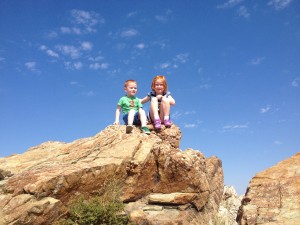 Buffalo Ridge, on Antelope Island
Buffalo Ridge, on Antelope Island
There is plenty of nature advocacy out there – thousands of groups dedicated to various causes. However, so many of these are limited in scope. Whether their messages are drowned in the noise of politicization (every environmental discussion devolves into polarized debates about policy, economics, etc…), limited by the narrow geographic or biologic scope of their advocacy (it may be hard to get people living in Phoenix very excited about advocating for the protection of alpine glaciers in the Alps, for instance), or other factors. For myself, I think I will try to engage in “advocacy” by raising a new generation of nature-lovers. If more Americans were simply in love with the outdoors – advocacy would grow organically without expensive lobbying and debate.
Amen
Well, this has gone on long enough – so lets just end this with one last John Muir quote.
Everybody needs beauty as well as bread, places to play in and pray in, where Nature may heal and cheer and give strength to body and soul alike.
John Muir, The Yosemite (New York: The Century Co., 1912), 256.
I don’t know about the rest of you, but I’ll add a soulful AMEN to that.
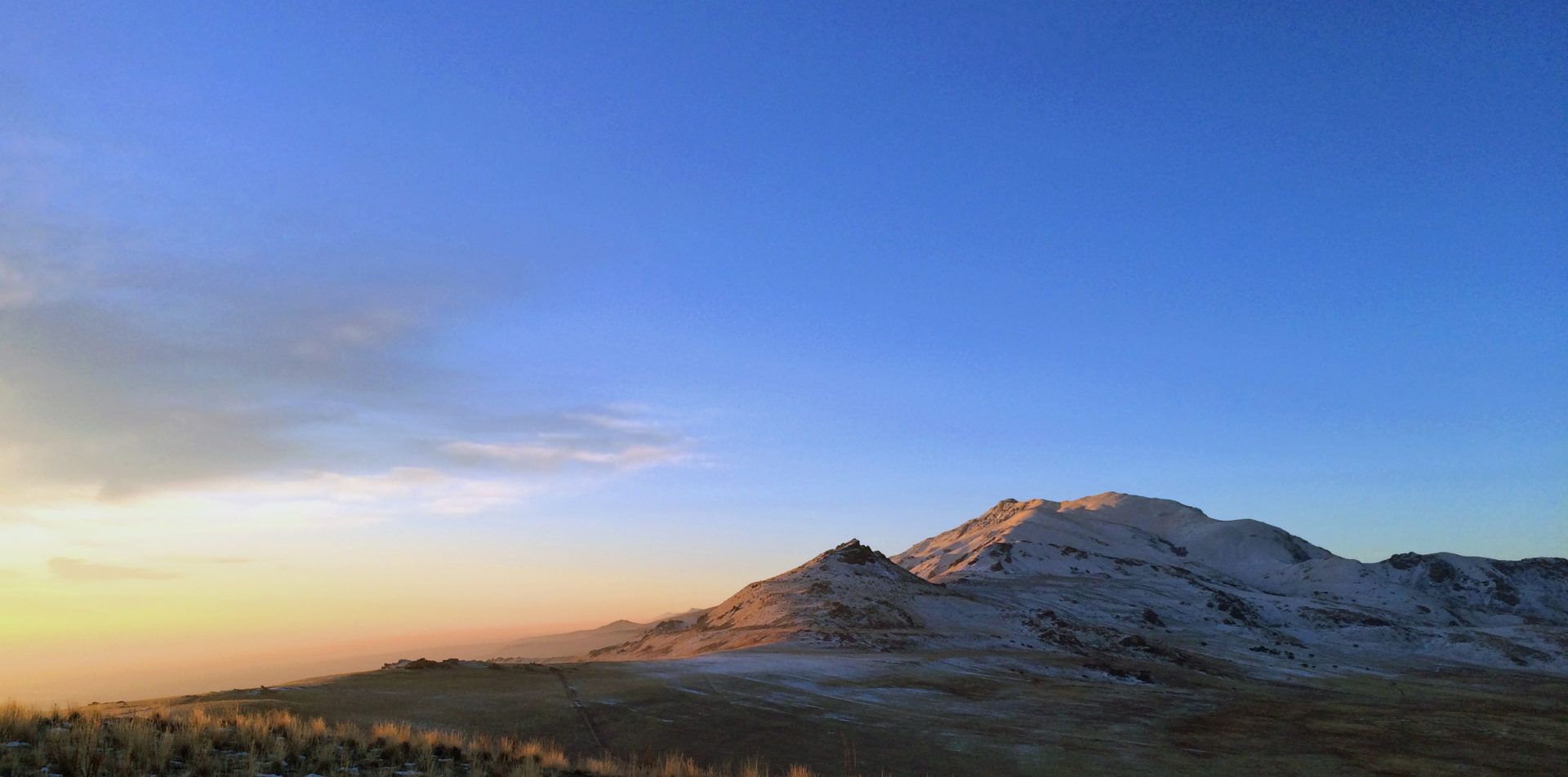
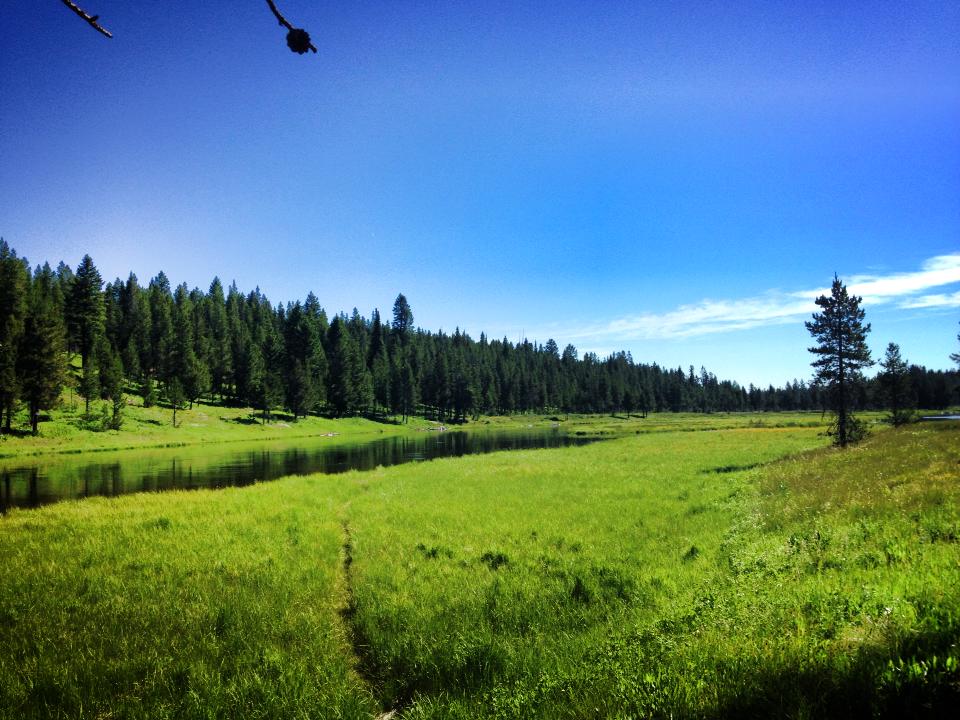


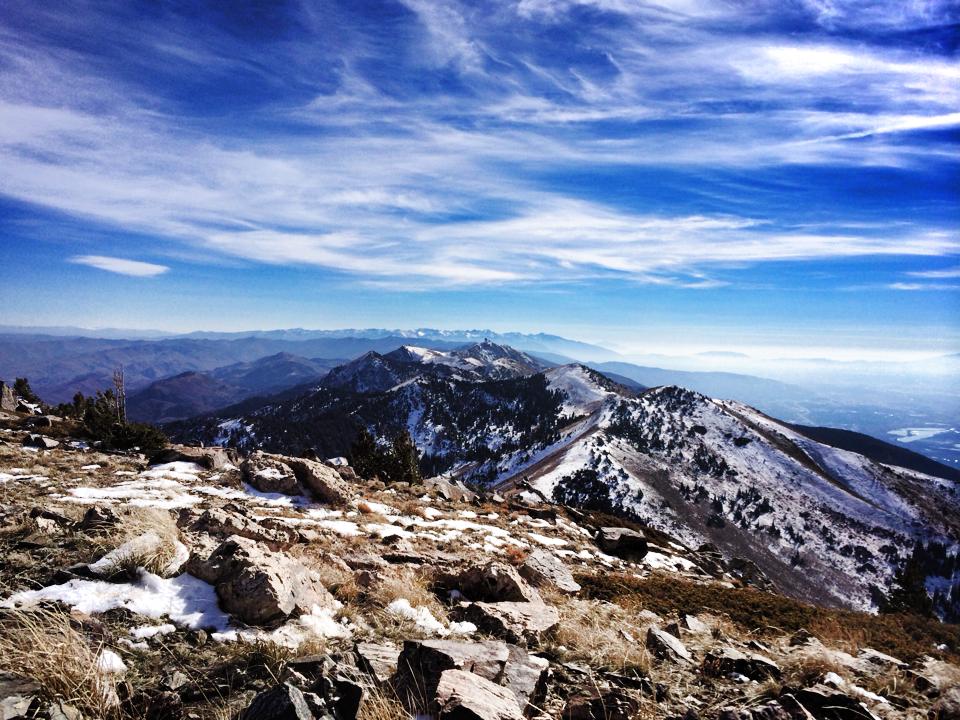
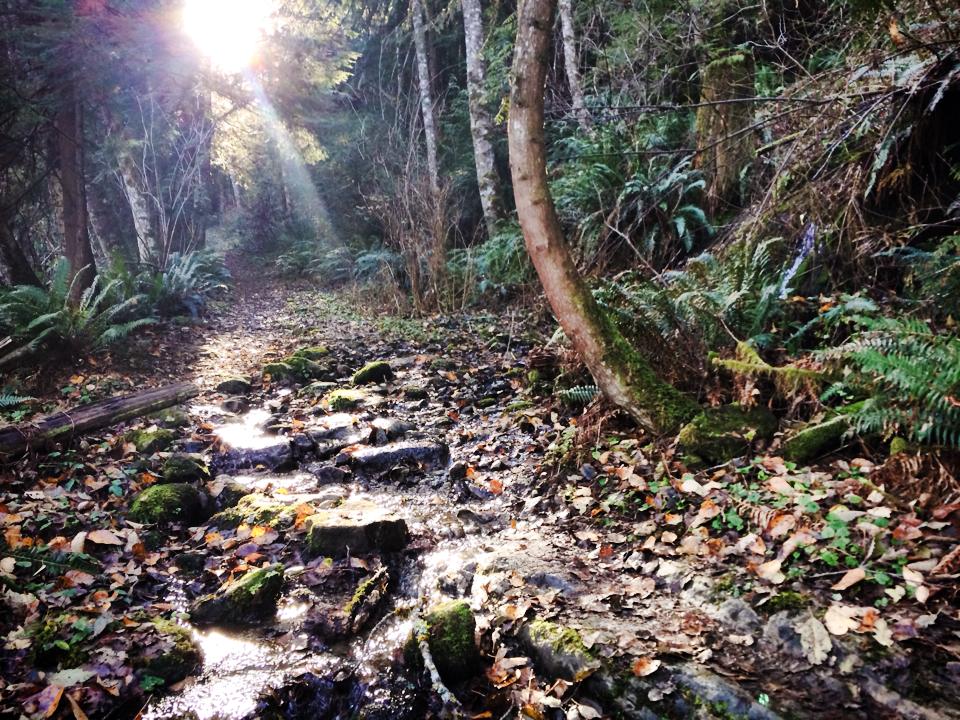
Trying to figure out if “damning of the Hetch Hetchy Valley” was intentional. Either way, it’s awesome.
A few thoughts: I haven’t read much Muir, but he talks about our local mountains and lake in this book: http://www.sierraclub.org/john_muir_exhibit/writings/steep_trails/. (He climbs the Oquirrhs. Who climbs the Oquirrhs?)
There seems to be a trend in academic writing where the first-person I is more acceptable, and I’ve seen a few books that blend a dispassionate academic treatment of wilderness or the West with personal essay bordering on nature worship. Jared Farmer’s Glen Canyon Dammed does it, as does Belden Lane’s Landscapes of the Sacred. It’s a tricky balance, and I think Farmer’s more mature voice in On Zion’s Mount comes off better, but I like the impulse and it can add a lot of pleasure to reading scholarly work.
I agree whole-heartedly with your conclusion about instilling a love of the outdoors in our kids and curing them of Nature Deficit Disorder. But it doesn’t seem to follow that love of outdoors leads to any specific brand of wilderness advocacy or environmental protection. In Utah, many people don’t see conflict between the strong tradition of state rights and agriculture and mining on the one hand and love of nature on the other. Many wilderness advocates see Mike Noel, the state senator from Kanab, as Public Enemy #1, but he sees himself as protecting a way of life that allows him to, for example, enjoy the majesty of God’s handiwork on the back of an ATV.
Ha! I was curious if anyone would catch my Hetch Hetchy Freudian slip. And as for the Oquirrhs, I would climb them – but the eastern face is all owned by Kennecot – no access. As for the first person – I still don’t use it in my formal academic writing, but a blogs a blog, right? And I’m going to adopt your term “Nature Deficit Disorder.” Nice.
Lest you think I’m more clever than I am: http://en.wikipedia.org/wiki/Nature_deficit_disorder